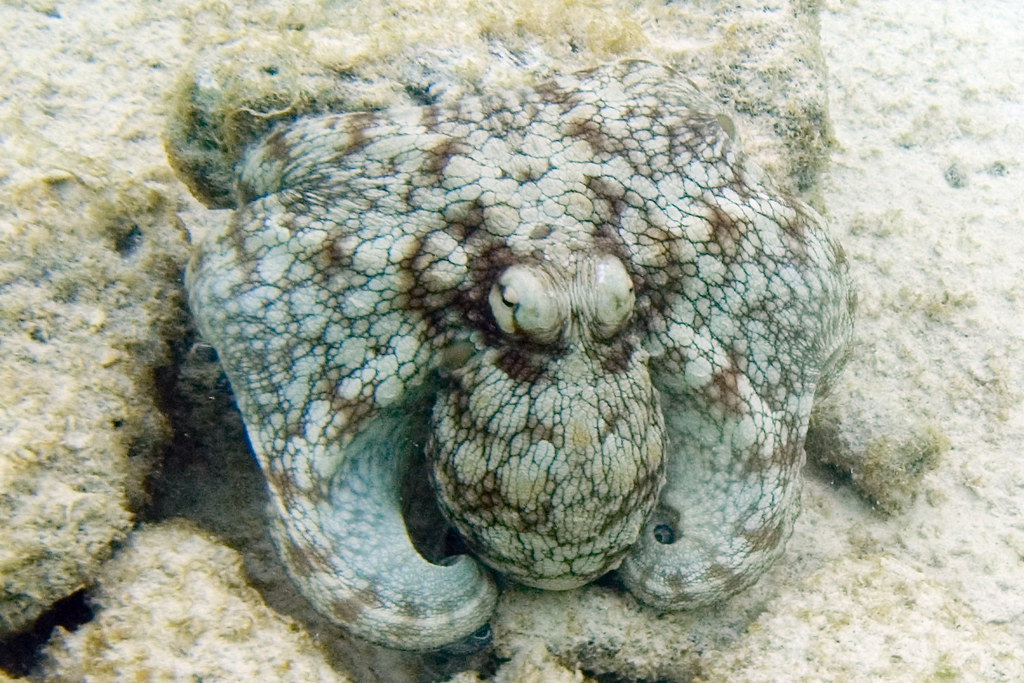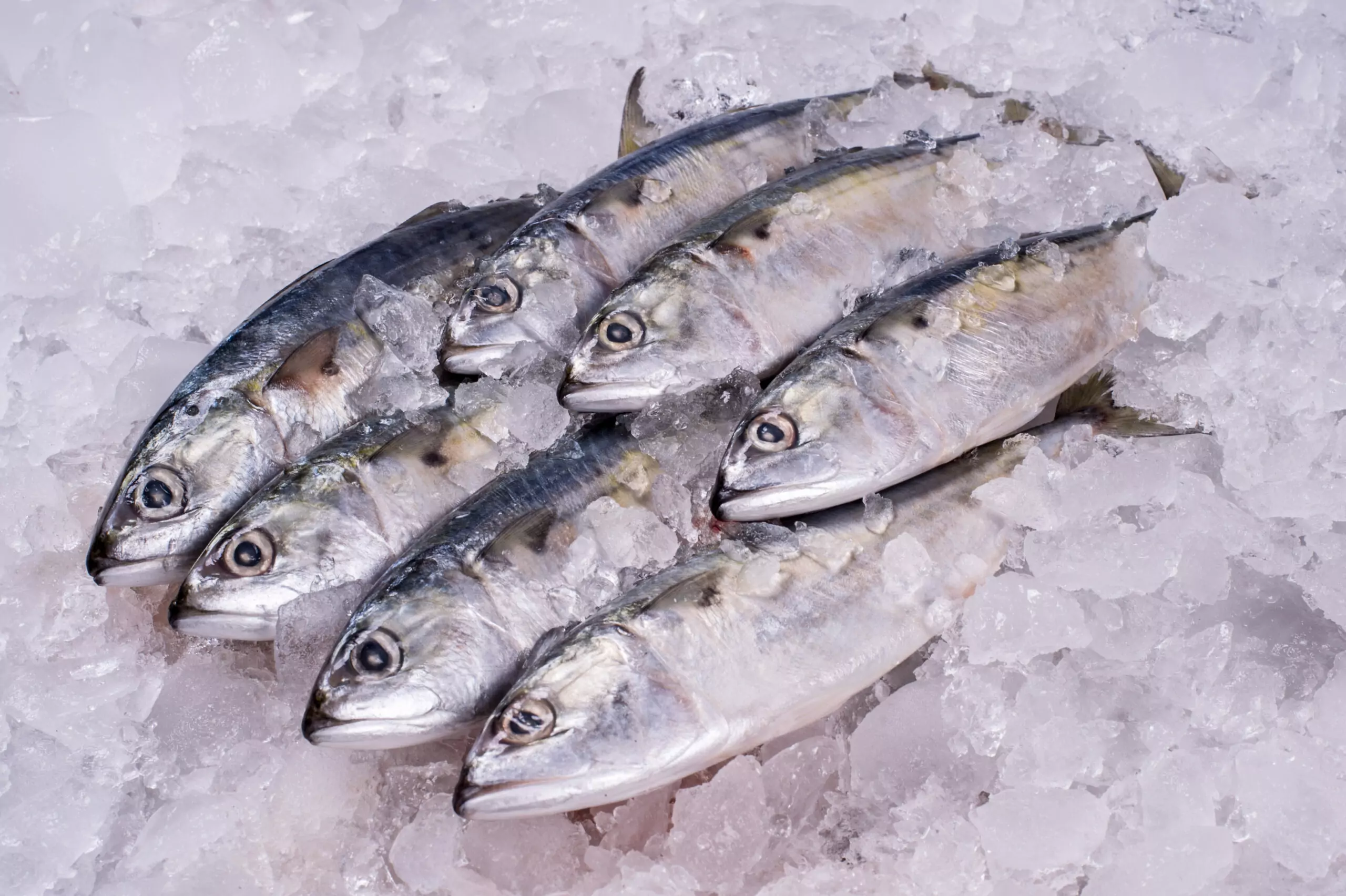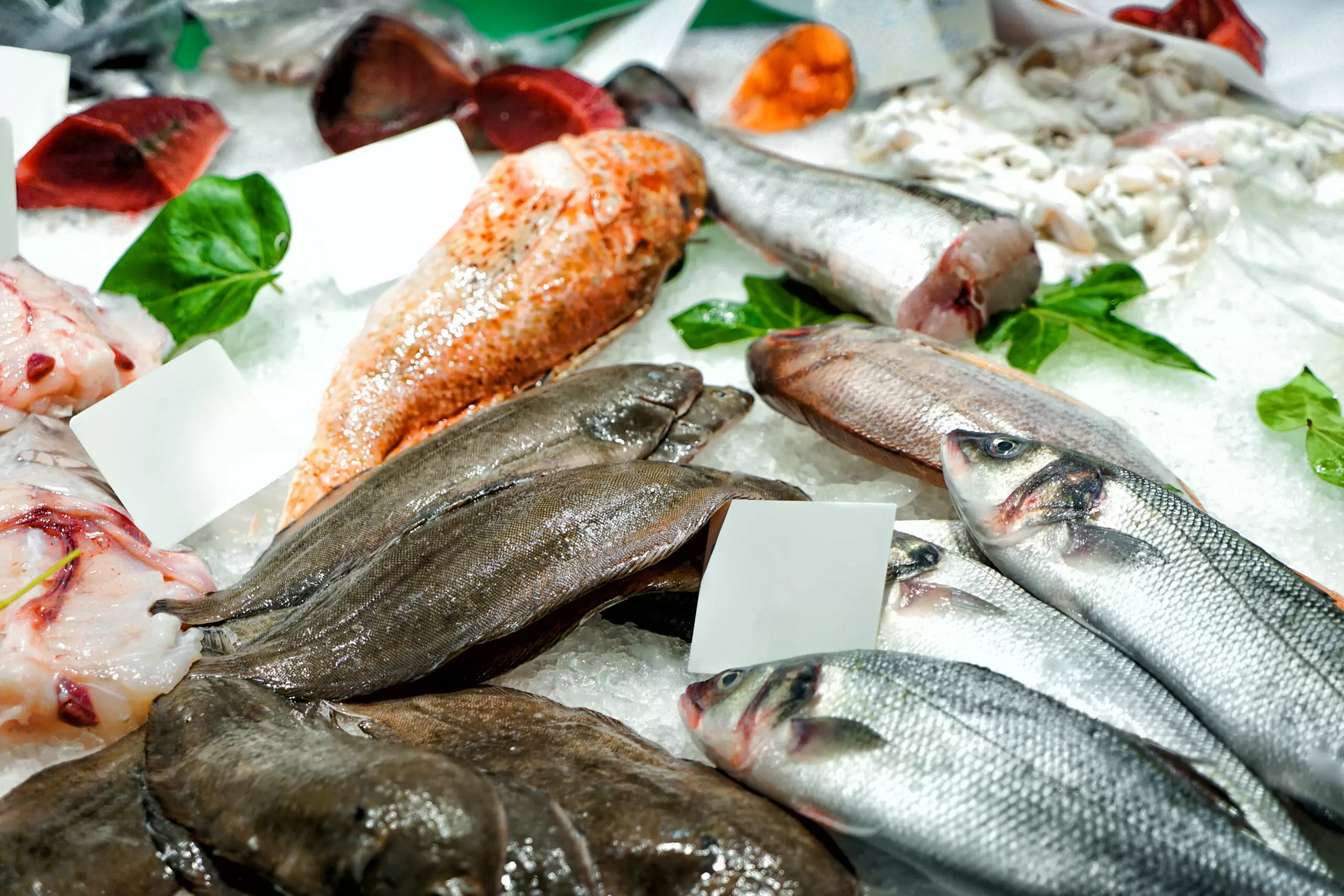The many ecosystems of our oceans are beautifully built, with each organism playing a specific role. Predators and prey carry out a complex dance of life and death to determine each other’s fate. When humans enter the picture and alter even one interaction, the entire foundation of an ecosystem in harmony can be thrown off balance. The result of this imbalance can be devastating for humans and marine communities, and not always in the ways we imagine them to be.

Image courtesy of Flickr users Paul and Jill.
Off the coast of Lee County, Florida, fishermen are engaged in a battle with one of nature’s most cunning predators. Numerous octopuses have been invading crab traps and devouring the already captive stone crabs, leaving nothing but broken fragments of shells behind. Every few years, this fishery is attacked by octopuses – but in the last few years the assault of the wily cephalopods has increased in frequency and intensity of their numbers. This knowledge leads us to believe that there is likely an imbalance somewhere else in the ocean food web.
The stone crab fishery
When stone crabs are harvested, fishermen only pinch off the claws of the crabs and toss them back alive. The claws are passed on to restaurants and markets, where they will fetch a lovely price of around $70 for dinner, while the crab undergoes one molt per year to grow back a small claw, taking three years to bring back a full-size claw. The crabs are 28% more likely to die than their fully-clawed brethren, but the fishery is overall considered sustainable since minimal crab lives are lost. It’s a curious, but ingenious way to take advantage of the regenerative capability of a favorite seafood item.

Image courtesy of Flickr user Miamism.
The fishery is highly profitable for Florida, pulling in $26 million each year. But now the octopuses are wiping out stone crabs without heeding our desire for sustainability. The voracious predators have discovered that crab traps offer them the perfect opportunity to feast on a gourmet crab dinner without having to pay the price of hunting the crabs down. They are truly clever creatures – all they need to do is lie in wait inside a trap and their meals come to them, drawn by the smelly bait placed within by the fishermen. Unfortunately for the stone crabs and the fishermen, the frequency of these octopus raids has been increasing. They attacked in 1996-97, 2004-05, 2008-09, 2010-11 and now – with higher numbers than ever.
Solutions?
Fishermen are stumped. There’s really no way to octopus-proof a crab trap. Their fleshy bodies can fit through even miniscule openings and the traps need to be able to catch stone crabs. There is only a small market for selling the octopuses themselves, as an appetite for the tasty creatures has yet to take hold in Florida or surrounding states. To understand why the octopuses are infringing upon the stone crab fishery with greater ferocity than ever before, we must broaden our scope of knowledge.
A female octopus can lay up to 500,000 eggs. That’s a half million little eight-legged babies. The scores of larval octopi are needed to serve as food for numerous fish and invertebrates, and the natural balance of the ocean food web ensures that only just a few of these cephalopods actually make it to adulthood. So what happens when the predators of these little baby octopuses are removed from the picture? Many more babies settle and become adults.
The ripple effect
Many fisheries in the Gulf of Mexico are in bad shape and overfished. They have not managed to adapt to sustainable fishing methods like many other regions of the United States, and the Natural Resources Defense Council has given them a POOR rating in terms of their recovery process. This means that there are way fewer fish in the Gulf than there used to be. Plus, the devastating Deepwater Horizon oil spill certainly didn’t help the rebound of fish populations.
Fish are the natural predators of larval octopi. Thus fewer predator fish = more octopuses = fewer stone crabs. It’s easy to blame the fickle nature of oceans and currents and say that the boom in octopuses is a side effect of natural processes. But sooner or later we have to take responsibility for our actions and realize that change is needed. It is the perfect example of how our activities can have reverberating impacts throughout ocean ecosystems.
This ripple effect has endless repercussions that are extremely difficult to predict. The natural reproduction cycle of the octopus is regulated by fish that we are unsustainably harvesting from our oceans. To keep these precious ecosystems in balance, it is essential that we strive to establish all of our fisheries as sustainable. By doing this we not only assert our respect for nature, but also our respect for fellow fisheries. The poor management of one can be destructive for another.
Join us in respecting nature’s balance and protecting our ocean’s ecosystems through sustainable fisheries. Pucci Foods is certified by the Marine Stewardship Council and you can trust that our products are healthy for you and for the ocean.


